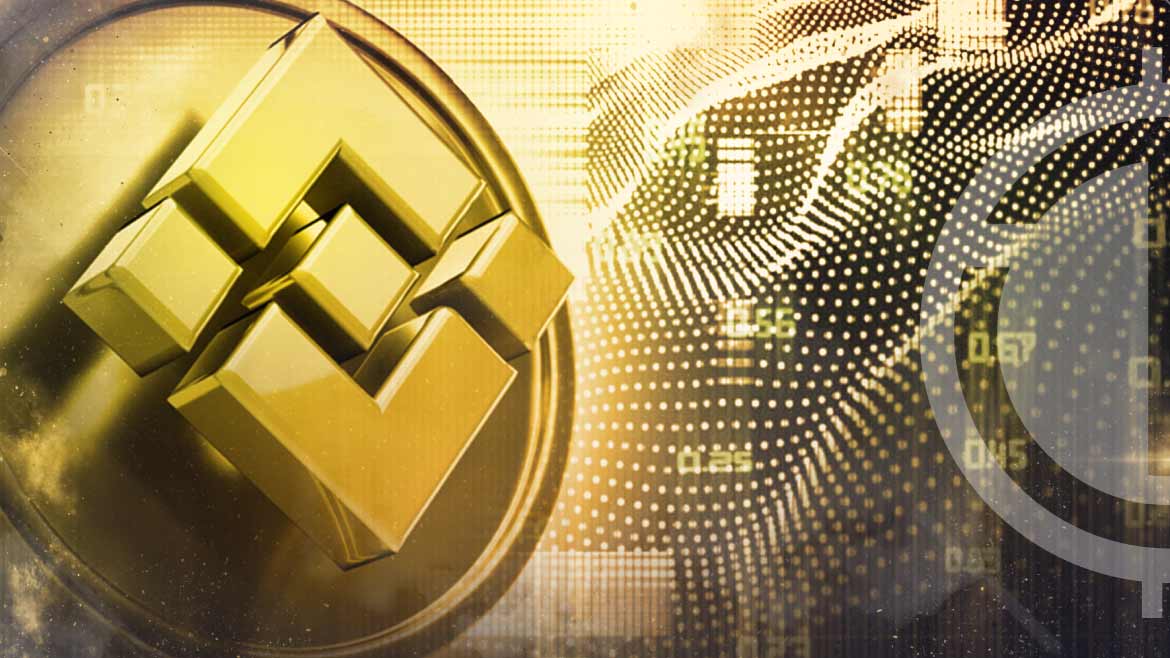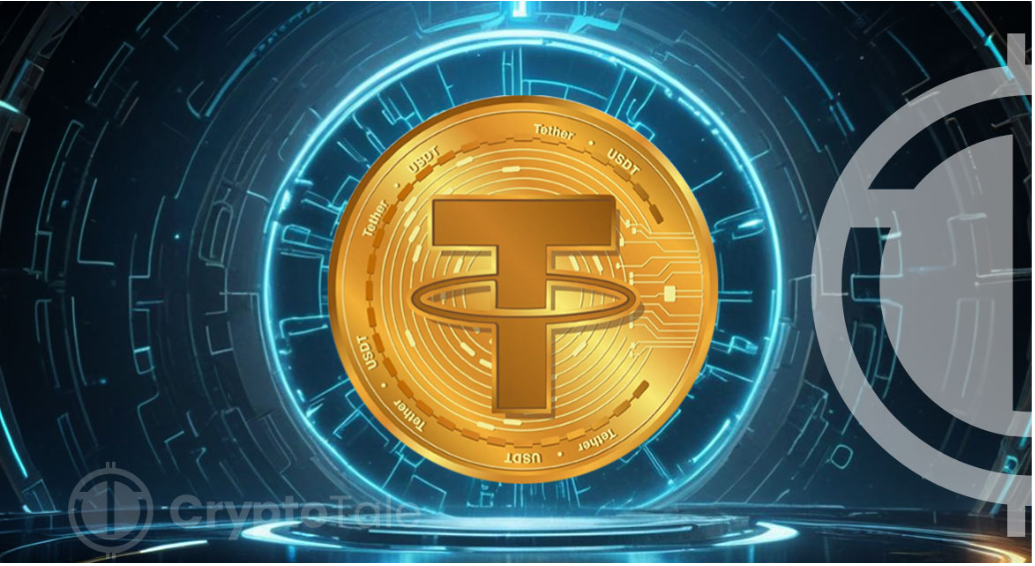BNBChain, the blockchain behind Binance’s native token BNB, has proposed a more adaptive transaction fee structure for the Binance Smart Chain (BSC). The proposal aims to provide a more cost-effective approach to transaction fees that can attract more users and sustain the BNB economy.
Currently, Layer 2 (L2) solutions are gaining popularity as they offer cheaper transaction fees compared to BSC’s Layer 1 (L1) fees. The BSC network is facing increasing competitive pressure to maintain its market share as more users opt for L2 solutions outside of the BSC ecosystem. BSC’s current transaction costs are fixed at a rate of 5 gwei, which may not be as appealing to users as the more affordable fees provided by L2 solutions.
The proposal recommends a more flexible approach towards transaction fees, enabling users to choose fees below the current 5 gwei rate, with options to go as low as 3 or 4 gwei, depending on their financial needs. This change would make BSC L1 more attractive than other ecosystems’ L2 solutions, providing a competitive advantage for potential BSC L2 solutions.
By attracting new users, validators can better utilize each block’s capacity and increase their overall rewards. Furthermore, BSC’s high transaction volume would still offer substantial value for validators, maintaining a strong financial incentive to participate as validators.
The proposal also aims to enhance sustainability, allowing projects to be more sustainable and providing a strong economic incentive for new projects to migrate to BSC. Lower transaction fees would help sustain the blockchain economy during low-volume periods.
By implementing this proposal, both BSC L1 and L2 would benefit from increased competitiveness and market adaptability, creating a win-win solution for the entire ecosystem. This would ensure the continued growth and competitiveness of the BSC ecosystem in an increasingly competitive market.











